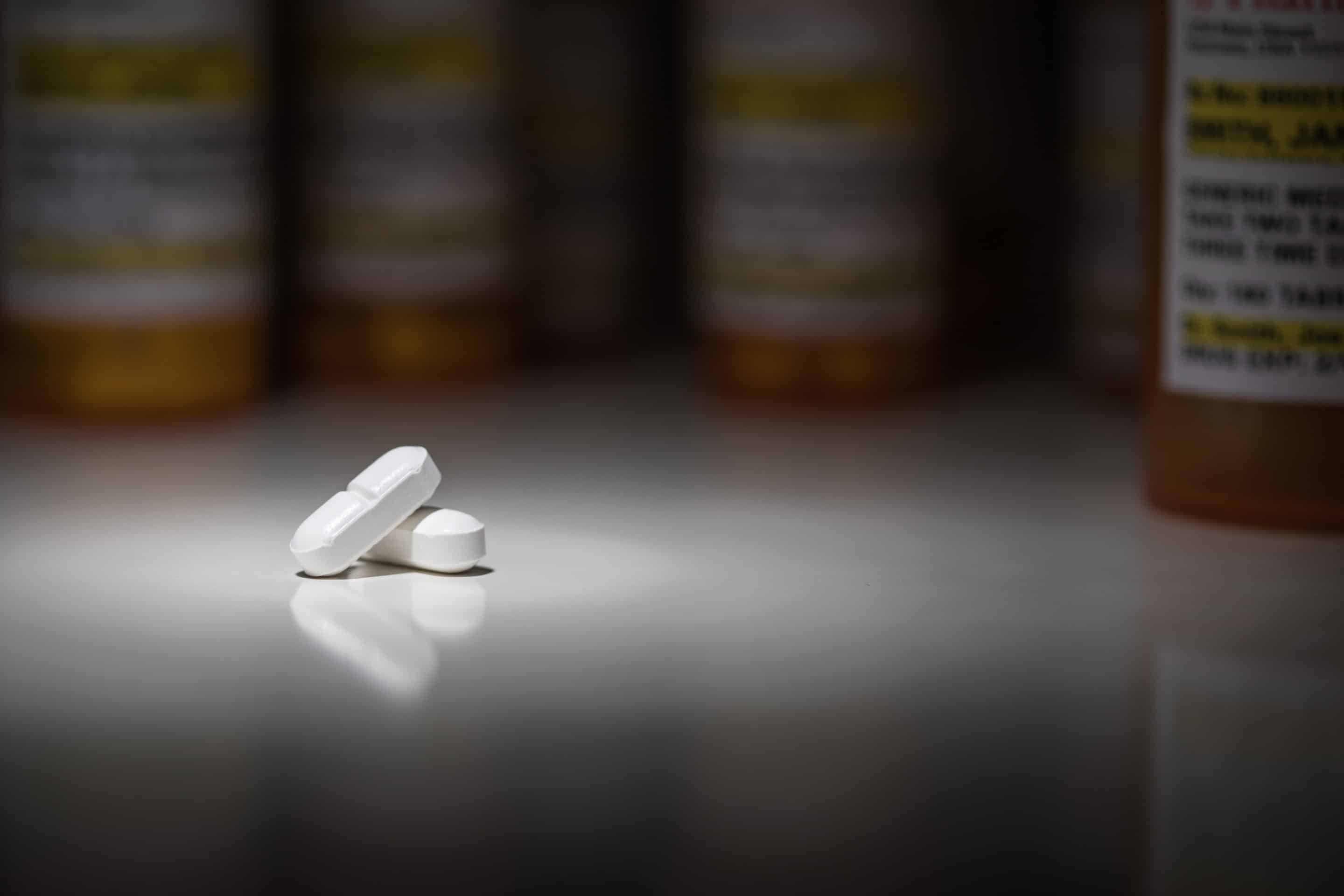
It can be scary to think about withdrawal for Vicodin or other types of opioids. Although it may not be any easy process, you should be proud that you decided to get help. You may be wondering what will happen during withdrawal, what the symptoms may be, how long those effects may last, and how you can receive assistance throughout the process.
What Is Vicodin?
Vicodin is a type of painkiller, combining hydrocodone and acetaminophen. Since hydrocodone is a synthetic opioid, Vicodin is likewise considered an opioid. Typically, it is prescribed to relieve short-term moderate to severe pain. Vicodin dependency and addiction occur as a result of brain changes caused by excessive use. If you think you may have a problem, you may be interested in learning more about the signs of Vicodin abuse.
How Long Can Withdrawal From Vicodin Last?
Since Vicodin is generally prescribed as a short-term pain reliever, if you have taken it for less than two weeks, you should be able to stop taking the medication without suffering intense withdrawal symptoms. However, as MayoClinic advises, if you have been taking opioid medications for a long period of time or engaged in excessive amounts, you may need medical assistance to detox safely.
You need a structured plan that takes into account the specific effects of Vicodin and helps you slowly reduce your dependency on the opioid. At America’s Rehab Campuses, we custom-develop medical detox plans in order to suit the specific needs of the individual. Timelines for complete withdrawal will depend on the amount of opioids you have been using, how long you have been using them for, and a non-invasive medical evaluation.
Near and Long-Term Symptoms During Vicodin Detox?
If your Vicodin prescription runs out, you may suffer withdrawal symptoms from six hours to a few days later, as reported by MayoClinic. It depends on how much Vicodin you used. According to the National Library of Medicine, initial symptoms of withdrawal commonly include the following:
- Intense cravings
- Agitation and anxiety
- Aches and pains
- Irritated sinuses
- Increased sweating
- Inability to sleep
Symptoms of withdrawal at a later stage may include aches and pains, abdominal cramps and diarrhea, nausea and vomiting, and shaking or shivering.
Symptoms can range from mild to severe, so it’s important to see a doctor familiar with the detox and recovery processes. At times, symptoms can be dangerous and life-threatening. At America’s Rehab Campus, we create a plan to gradually decrease the opioids in your system and manage symptoms through other medication, if needed.
What Are the Treatment Options for Vicodin Addiction?
Making the decision to stop using Vicodin use can cause a lot of anxiety. However, if you receive professional help from qualified therapists and medical professionals, you are more likely to accomplish sobriety and drug-free living.
At America’s Rehab Campus, we will help ensure that your withdrawal process is safe and successful. That said, detox will not address all the physical, mental, and emotional elements that cause or magnify a desire to abuse Vicodin. For that, you’ll need group and individual therapy and other treatment options available at our center.
If you have co-occurring mental health issues, such as PTSD, depression, anxiety or other disorders, you can receive treatment for both substance use disorders and mental health disorders to help you achieve holistic wellness.
Vicodin Rehab at America’s Rehab Campus
We will also work with you to create subsequent treatment plans that work for you and your life; we offer many different types of programs that will provide counseling on various aspects of addiction as well as additional medical treatment as necessary. If you are interested in learning more about how we can help, please contact us for a free consultation.

